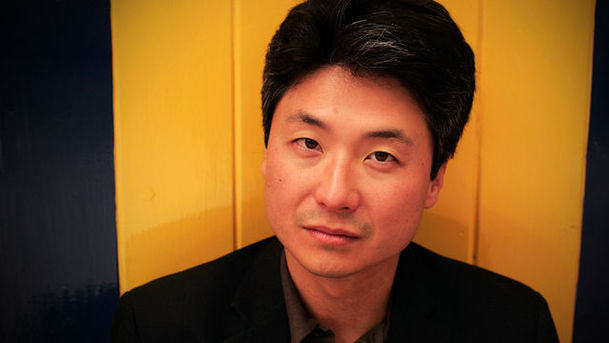Capturing America: Mark Lawson's History of Modern American Literature - Goodbye Soldiers, Hello Everyone

Mark Lawson completes his tour of modern American literature with a story of departures and arrivals and the cultural pressures which writers face in the 21st century. The great post-Second World War generation of authors - Norman Mailer, John Updike, Joseph Heller, Kurt Vonnegut Jr - and their surviving contemporaries such as Gore Vidal and Philip Roth often expressed gloom about the future of serious novels and plays, fearing they would be pushed out by a pressure towards more commercial and personal stories. The rise of "confessional writing" - from the poetry of Sylvia Plath and others in the 60s to the modern "misery memoir" - has seemed to call into question the validity of imagination and invention. Lawson argues that an underlying change in the status of the literary novel is epitomised by the fact that wheareas in the 1960s John Updike was featured on the cover of Time magazine, more recently it was Dan Brown. However a new wave of so-called "hyphenated"' writers - Indian-American, Korean-American, Dominican-American - has been renewing U.S libraries in the way they always had been: through immigration. Taking final stock Mark Lawson reflects on whether American Literature has reached a full stop or perhaps achieved a new dash. He talks to authors including John Ashbery, Rita Dove, Chang-rae Lee, Junot Diaz, Lorrie Moore, Walter Mosley and James Patterson.